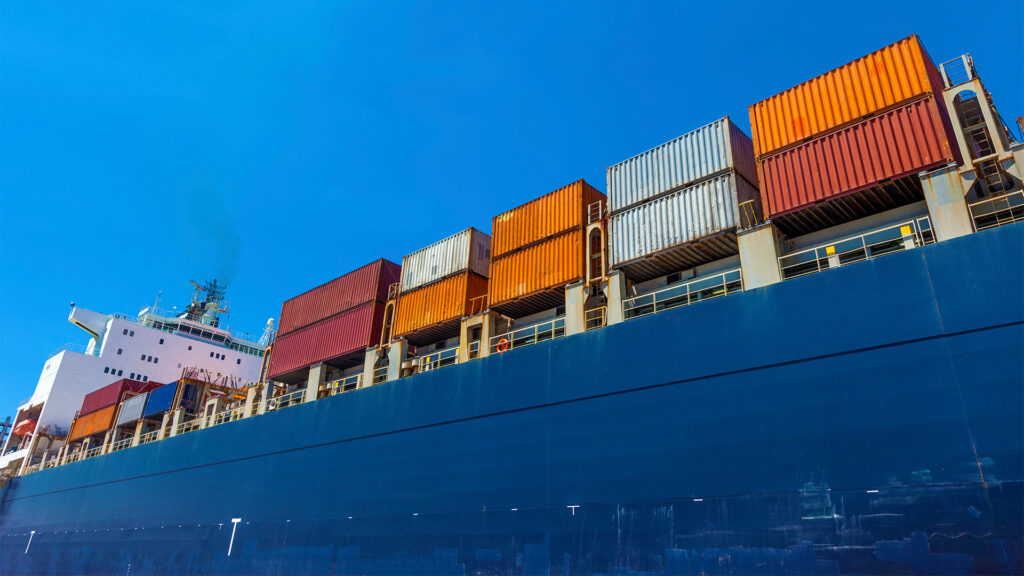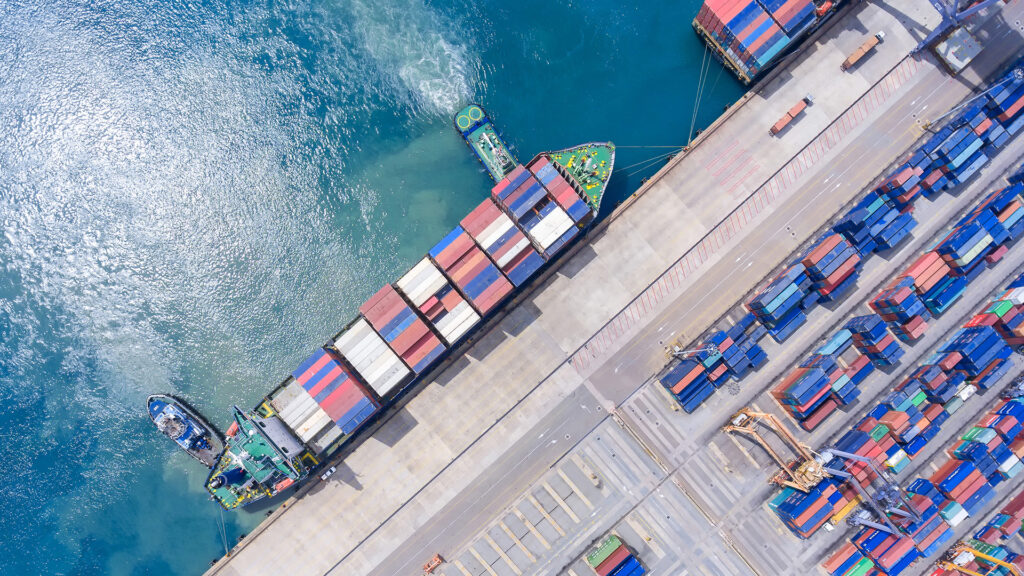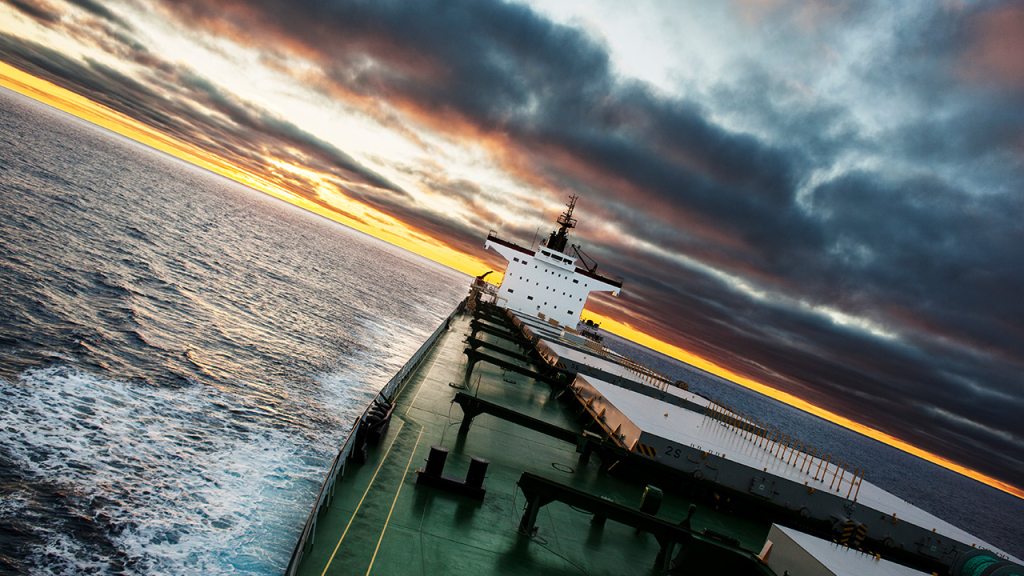Treatment of PCASP under the Maritime Labour Convention, July 2014
The Maritime Labour Convention 2006 (the MLC) came into force on 20 August 2013. The UK became the 41st International Labour Organisation (ILO) Member State to ratify the MLC, having done so on 7 August 2013. The UK’s ratification brought with it Bermuda, Cayman Islands, Gibraltar and the Isle of Man, and will become law in the UK and those territories on 7 August 2014.
As at the date of this Briefing, there are 61 ratifications to the Treaty. In addition, the USA (which has not ratified the MLC and has not announced any intention of doing so) has recommended that its internationally trading ships seek to comply with the MLC.
The MLC, as an international convention, does not apply directly to shipowners and seafarers, but requires individual implementation by ILO Member States who, applying the principle of “substantial equivalence”, each interpret and implement it in their own way. It is implemented through each flag state’s competent authority – in the case of the UK, the Maritime and Coastguard Agency (the MCA) – and applied by them to ships flying their flag. It applies to all commercial ships trading internationally (those over 500grt are subject to additional certification requirements), but does not apply to ships trading exclusively in inland waters, traditional vessels such as dhows and junks, fishing vessels, warships and naval auxiliaries. If there is doubt over whether the MLC applies to a ship, the flag state will decide.
The MLC covers conditions of employment and recruitment, hours of work and rest, accommodation, recreational facilities, food and catering, health protection, medical care, welfare and social security protection for seafarers. It undoubtedly provides seafarers serving on board ships whose flag state has implemented the MLC with invaluable protections. However, it has also had a substantial impact on the employment of a number of other classes of individuals at sea, including, amongst others, privately contracted armed security personnel (PCASP), who whilst not seafarers in the traditional sense of the word, were issued with seafarer’s documents by flag states and potentially come within the scope of the MLC as drafted.
The UK and a number of other flag states do not currently consider PCASP to be seafarers but, as we explore below, views as to whether or not they should do so vary markedly and there are pros and cons for each interpretation.
As English lawyers, we have focused on the implementation of the MLC on UK-flagged ships and the categorisation by the MCA of British PCASP for the purposes of the MLC. However, we recognise that the vast majority of British PCASP spend most of their time working on non-UK flagged ships. Whilst UK rules do not apply and the MCA cannot dictate how such PCASP (and other UK seafarers) are treated on non-UK ships, their categorisation of them and approach to the implementation of the MLC does have implications for those PCASP working on non-UK ships (i) on which they are classified by other flag states as seafarers for the purposes of MLC and/or (ii) who would have otherwise relied upon seafarer’s documents issued by the MCA.
Currently, PCASP are not seafarers for UK purposes
At the time of drafting the MLC, the threat of Somalia-based piracy to international shipping was in its infancy and the concepts of private maritime security companies (PMSCs) and PCASP working on board ships were yet to take on their modern forms. Nevertheless, the definition of a “seafarer” under the MLC is very broadly drafted and could be interpreted to cover PCASP:
“any person who is employed or engaged or works in any capacity on board a ship to which this Convention applies”.
Clearly, the focus of the definition is to identify a ship which comes within the ambit of the MLC and then to look at every person who works on that ship. It is up to the individual flag states to decide what exactly such a definition should encompass. The initial view in the UK was that it would and should include PCASP and this view has been held by a number of other flag states. The argument that an individual is not employed by the shipowner or is not a member of the ship’s “crew” in the ordinary sense of the word is unlikely to be successful, as the MLC expressly sets out to protect a wide category of seafarers; again, where there is any doubt, the flag state will decide.
The assertion that PCASP should be categorised as seafarers was roundly criticised by the UK shipping industry’s social partners (Nautilus International, the UK Chamber of Shipping and the RMT), shipowners and PMSCs, primarily because they feared that the application of inappropriate MLC standards to PCASP on board ships would render the deployment of PCASP to such ships either impossible or economically unviable and so leave those ships unprotected. As a result, the UK and some other flag states were persuaded not to categorise PCASP as seafarers. This, it seemed, was the result that shipowners, social partners and PMSCs wanted.
However, we understand that no indication was given that, as a consequence of this decision, the MCA would stop issuing seaman’s cards and discharge books to British PCASP. These documents are issued by the country in which the seafarer is resident and/or, on occasion, the flag state of the ship on which they are employed. The seaman’s card provides proof of nationality and helps procure unobstructed movement for a seafarer and his kit around the world. PCASP are frequently required to provide their seaman’s card as they move between jobs and without it they need visas for many of the countries to which they travel. Obtaining visas can be expensive and time consuming and this change has therefore had a considerable impact on the PMSCs’ operational flexibility, resulting in them incurring a significant financial burden. It also raises the possibility of individuals being tempted to travel on inappropriate visas, with all the ensuing risks that this entails. Of equal importance to the PCASP and those engaging their services, is the discharge book. It provides a record of service at sea and maritime training courses, and can be used to demonstrate such employment and qualification to those who need to know, including shipowners and their masters, as well as authorities such as HM Revenue and Customs.
Whilst initially only a problem for new PCASP, the stop on the issuing of these documents will become increasingly significant as existing documents expire and require replacing. It may also have consequences where the PCASP is considered a seafarer by the flag state of a ship on which he is deployed, but does not carry seafarer’s documents which that flag state will recognise. As such, there are those in the security industry who might wish to persuade the MCA to reverse its decision on the applicability of the MLC to PCASP. Others will say there is no need for such a reversal, as seafarer’s documentation can be obtained by PCASP from certain flag states without the need for any connection to that flag state. Equally, some fear that the resulting disparity between a PCASP’s passport and his seafarer’s documentation may lead to further complications, though whether this is a serious cause for concern – which cannot be addressed with a little additional administration – remains to be seen.
Some may also feel that the MCA’s decision should be reversed on the basis that the risk of the relatively small number of UK flagged ships requiring protection by PCASP in the high risk area of the Indian Ocean and Red Sea (the HRA) becoming more expensive to guard as a result of the application of the MLC to those PCASP is outweighed by the benefit of a renewed issuing of documents to British PCASP. Whilst this would help the PMSCs and PCASP and enable them more easily to service ships of other flag states, shipowners and social partners may not agree to such a reversal and may lobby against it, arguing that the complications of the current situation are relatively trivial compared to the risk of the MLC forcing up the cost of PCASP on board UK ships – and ships of other flag states who might follow the UK’s lead – and, in the most serious cases, forcing ships to travel without protection or otherwise leave the flag.
One further possible consequence of the UK’s current stance is that a British PCASP is not a seafarer for the purposes of UK law, but is a seafarer for the purposes of the flag state on whose vessel he is serving, which might throw up further complications.
What would it mean if PCASP are seafarers?
PCASP and PMSCs are often required to service their clients with very little notice and, given the difficulties arising out of the current situation and despite the arguments set out above, the security industry may request a re-think. However, careful thought should first be given to all possible outcomes, including amongst others, the impact of the MLC standards on operational procedures.
Amongst other issues, discussions have focused on the following points arising out of the MLC:
- Recruitment and placement services – regulation 1.4: if PCASP are considered to be seafarers, does this make PMSCs “recruitment and placement services” under regulation 1.4 of the MLC? There are a number of arguments as to why PMSCs should not be viewed in this way, not least of which is the fact that the primary purpose of most PMSCs is not the recruitment and placement of seafarers on behalf of shipowners, but rather the provision of a service; once on board, the PCASP do not work under the control of the shipowner.
- Seafarers’ employment agreements – regulation 2.1: the MLC requires certain things to be covered in seafarers’ employment agreements and requires that such agreements be signed by the shipowner or a representative of the shipowner (now modified to provide for signature by ship management companies etc.). This of course is not appropriate for PCASP, most of whom are self-employed subcontractors of the PMSCs and whose contracts may very well not be MLC-compliant.
- Hours of work – regulation 2.3: there are concerns that, if the entitlement to minimum rest periods is applied to PCASP, larger teams will be required to maintain effective watchkeeping and so make the guarding of UK ships uneconomic. On the other hand, notwithstanding such minimum rest periods, might it still be possible to maintain an appropriate level of watchkeeping under normal circumstances on board most ships without having to grow the teams? Under the MLC, hours of rest can be interrupted for “work necessary for the immediate safety of the ship…” (standing to in the event of an incident must surely fall into this exemption), and seafarers can be on call in each case, provided they later get adequate compensatory rest. PCASP may be able to rely on getting sufficient compensatory rest once they have departed the ship, depending on the length of their assignment.
- Repatriation – regulation 2.5: under the MLC, seafarers have the right to be repatriated at no cost to themselves in the event of, amongst other situations, termination of employment, illness or injury, shipwreck and insolvency, and ships are required to have in place financial security to support this. Amendments on this point have recently been agreed to better protect abandoned seafarers. If PCASP are brought within this protection, the shipowner is likely to try and pass this burden on to the PMSC. The PMSC may consider that it is covered by its insurances in the event of repatriation arising out of illness or injury, but it will need to check its insurance cover for shipwreck and insolvency situations, and to ensure that such cover is sufficient for the purposes of the MLC.
- Crew accommodation – regulation 3.1: many ships do not have sufficient MLC-compliant accommodation available to accommodate PCASP and if the MLC were to apply, those ships may therefore be precluded from deploying PCASP to protect themselves. This would leave some ships unacceptably exposed, but it would be interesting to know how many UK ships trading in the HRA are actually unable to accommodate three further seafarers in MLC-compliant conditions. The MCA and its social partners should be able to answer this question. In addition, whilst we have all heard the arguments as to why PCASP need not necessarily expect the same accommodation as seafarers, we have also heard complaints of PCASP being housed in unacceptable conditions; if the MLC had applied to PCASP on those ships, conditions may have been rather better.
- Financial security – regulation 4.2: under the MLC, shipowners are responsible for the health protection and medical care of all seafarers working on board their ships and, as well as having in place financial security for repatriation of seafarers, they must also provide financial security to assure compensation in the event of death or long-term disability occurring while they are serving under a seafarer’s employment agreement or otherwise arising from their employment (also the subject of recent amendments). The MLC gives no guidance on what constitutes adequate financial security and it is up to the flag states to decide. The UK authorities have indicated that a club Certificate of Entry will meet UK requirements and the International Group of P&I Clubs has agreed that IG Clubs will provide repatriation cover for insolvency. The obligation under the MLC is generally on shipowners but, of course, PCASP are not employed by the shipowner and there may therefore be a need for the PMSC to have additional security in the form of insurance in place. This may be further complicated by the fact that most PCASP are engaged as subcontractors and as such PMSCs and PCASP would need to consider this obligation carefully with their insurers were it to apply to them.
Is a re-think on the cards?
The MCA previously announced that it will review its policy on whether or not PCASP are to be categorised as seafarers in May 2015. However, we understand that there may be an opportunity to have them re-visit their position rather sooner and, as such, the security industry may now have an opportunity to lobby for change (should it think this desirable).
There appear to be three main options, the first of which is to maintain the current status quo.
Secondly, if the MCA and the competent authorities of other relevant flag states were simply to reverse their position, the MLC would currently apply to PCASP with all of the consequences discussed above and more. As such, it would be expected that the MCA would once again issue British PCASP with seafarer’s documentation, but although this would be welcome, it cannot be expected that shipowners and social partners will support the idea of PCASP being considered seafarers under the MLC as it stands, and indeed the potential costs to the PMSCs’ business may quickly remind us all as to why industry was concerned in the first place.
Alternatively, there are a couple of possible compromises:
- The MCA maintains its view that PCASP are not seafarers for the purposes of the MLC, but is persuaded in the interests of supporting the British private maritime security industry that they be recognised as seamen for the purposes of issuing UK seafarer’s documentation. This would require Government to legislate and so might be resisted and would anyway be a lengthy process.
- The MCA categorises PCASP as seafarers for the purposes of the MLC but uses its rights under article VI paragraph 4 of the MLC, to give effect to the detailed requirements of Part A of the Code by implementing measures considered to be substantially equivalent. This may enable the MCA to classify PCASP as seafarers, but accept alternative “substantial equivalence” standards for them, which might include recognising that the PMSC fulfils the role of the shipowner under the MLC (with the appropriate employment agreements, financial security etc.).
The latter might prove a pragmatic solution to the problem and is possibly one that other flag states might be prepared to follow. PCASP would once again be issued with seafarer’s documents whilst UK ships would continue to be assured of acceptable levels of protection. However, at the date of this Briefing, there is no suitable substantially equivalent standard available. Whilst the security industry has shown with the rapid development of ISO28007, that it should be up to the challenge of developing a suitable standard, it may be difficult to produce an equivalent standard for PCASP for every part of the MLC. In any event, perhaps this is something that the security industry should seriously consider now, in conjunction with its clients and other interested parties.
For more information, please contact William Maclachlan, Associate, on +44 (0)20 7264 8007 or william.maclachlan@hfw.com, or Elinor Dautlich, Partner, on +44 (0)20 7264 8493 or elinor.dautlich@hfw.com, or Eleanor Ayres, Associate, on +44 (0)20 7264 8320 or eleanor.ayres@hfw.com or your usual contact at HFW.
Download a PDF version of ‘Treatment of PCASP under the Maritime Labour Convention, July 2014’










